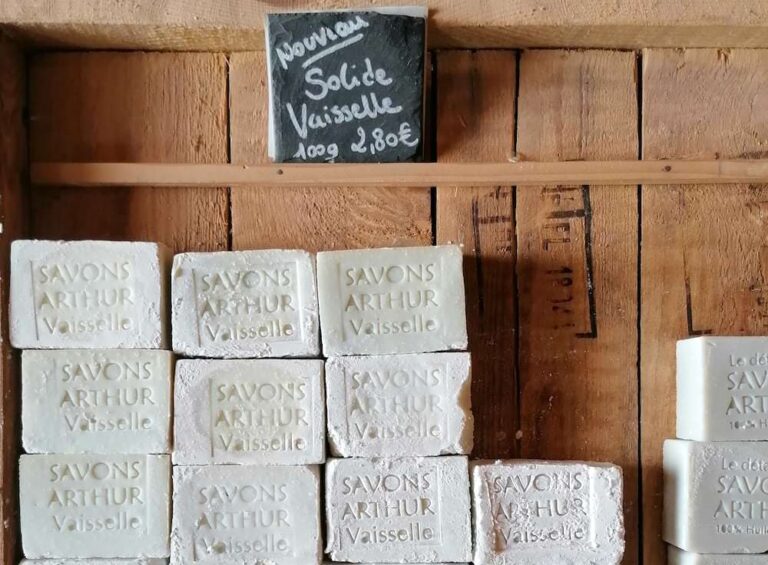Tel, Telle, Tels, Telles
In French, “tel” and its variations (“telle,” “tels,” “telles”) are used to mean “such” or “such a” in English. They are adjectives that agree in gender and number with the noun they describe. Here’s a simple guide on how to use each form.
1. Tel (masculine singular)
Use “tel” when describing a singular masculine noun.
Example:
- Un tel homme se trouve rarement. (Such a man is rarely found.)
2. Telle (feminine singular)
Use “telle” when describing a singular feminine noun.
Example:
- Une telle femme mérite du respect. (Such a woman deserves respect.)
3. Tels (masculine plural)
Use “tels” when describing a plural masculine or mixed-gender group of nouns.
Example:
- De tels amis sont rares. (Such friends are rare.)
4. Telles (feminine plural)
Use “telles” when describing a plural feminine group of nouns.
Example:
- De telles idées sont innovantes. (Such ideas are innovative.)
Examples in Sentences
- Tel
- Un tel livre est difficile à trouver.
(Such a book is hard to find.)
- Telle
- Une telle situation nécessite de la patience.
(Such a situation requires patience.)
- Tels
- De tels problèmes demandent une solution rapide.
(Such problems require a quick solution.)
- Telles
- De telles décisions ne sont pas faciles à prendre.
(Such decisions are not easy to make.)
Usage Tips
- Always match “tel” and its forms with the gender and number of the noun.
- These words are often used to emphasize the specific nature or quality of the noun they describe.
- They can also be used in exclamatory sentences to express surprise or admiration.






